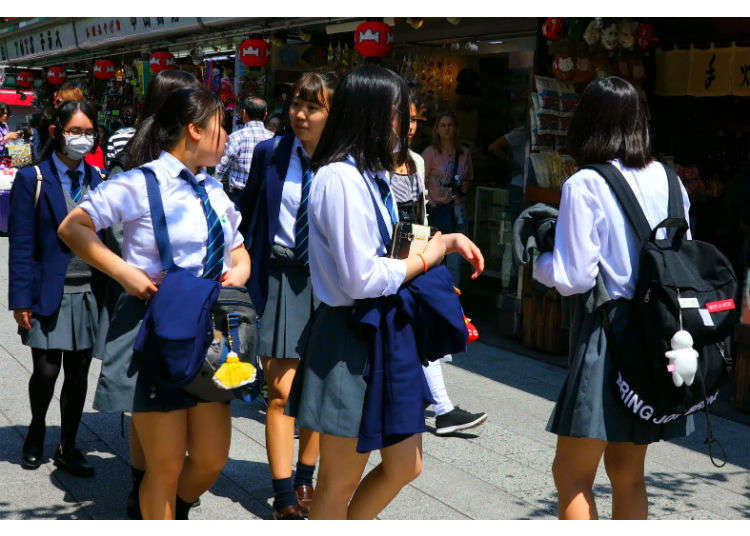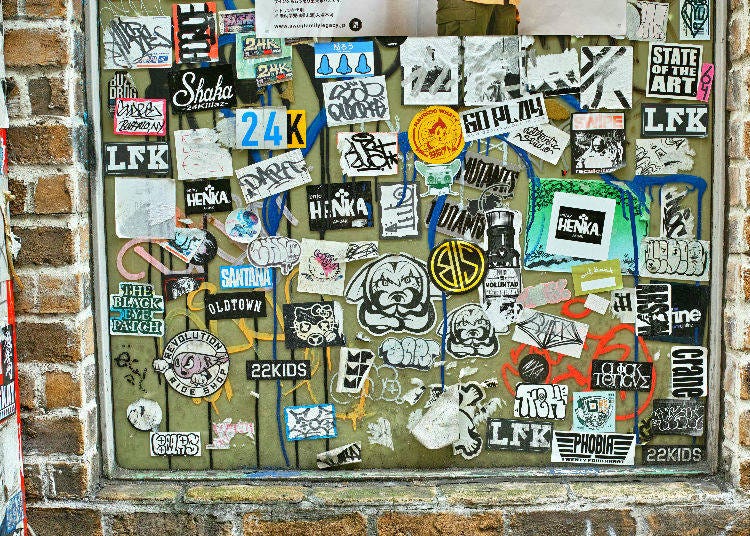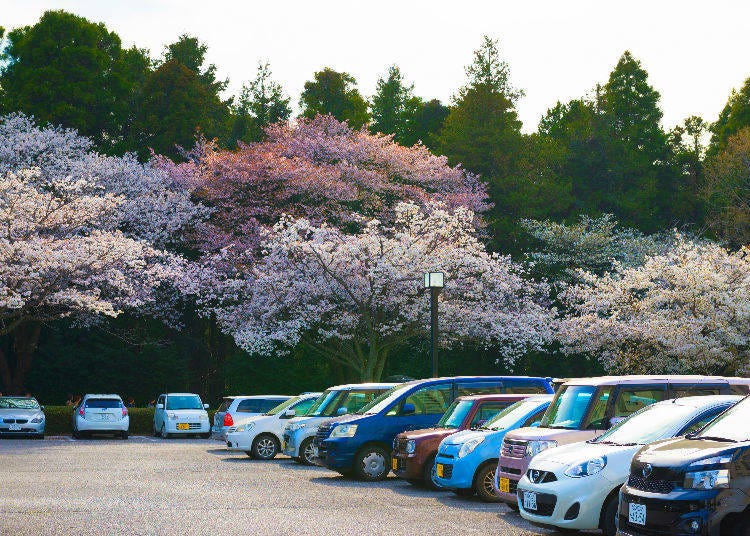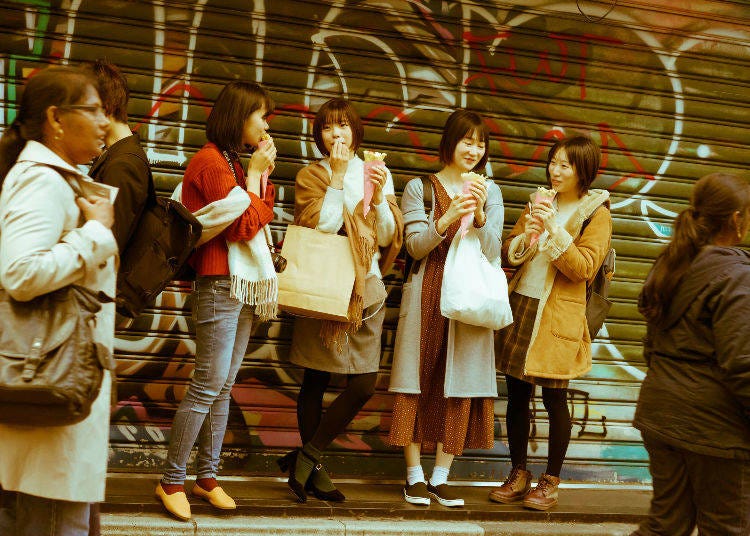
Japanese uses many loan words from several different languages, and sometimes the meanings differ from the original! Here we’d like to look at some words that originate from English but have a slightly different context than the common English meaning.
Naïve ナイーブ

If someone calls you naïve, it’s because you may seem a little too sensitive. The word naïve in Jaopanese has a more positive nuance than in English and is used to describe someone as a bit pure or delicate.
Talent タレント

“Talent” refers to a TV personality. Japan is still very into its variety TV, so there are many “talents” that you can see if you ever feel like watching some Japanese television!
Seal シール

In Japanese, a “seal” refers to a sticker. While it has a somewhat similar word in English, the use of it is a bit different. While in English the word seal can mean a sticker, it would usually only be used to close something shut like an envelope. Japanese use of the word seal can be used for any simple sticker!
Consent コンセント

“Consent” is the Japanese word for an electric outlet. This word can be quite the lifesaver if you’re looking for a place to charge your phone at a café or restaurant here!
Dryer ドライヤー

In Japanese, the word dryer does not mean the drying machine for your clothes, it’s actually your hairdryer! A completely different word is used for a clothes dryer.
Alright オーライ

The word “alright” in Japanese is typically only used at places where a car needs to be backed up into a certain spot. When you’re in the clear the person watching will say “Alright!” until you’re in the right position.
Handle ハンドル

The word handle in Japanese is used to refer to the steering wheel of a car.
Cider サイダー

Cider in Japan does not really have much to do with apples and is definitely not served warm! Cider is a type of refreshing soda sold here. While it may contain some apple in it, Japanese cider’s flavor is similar to a lemon-lime soda.

These unique Japanese twists to English words are bound to confuse most when hearing them for the first time. However, being able to use them naturally and understand them can make your Japanese seem just that more fluent!
Written by Lindsey Schultz
*Prices and options mentioned are subject to change.
*Unless stated otherwise, all prices include tax.
Popular Tours & Activitiess
Recommended places for you
-

Kambei Sannomiyahonten
Yakiniku
Kobe, Sannomiya, Kitano
-
Appealing

Rukku and Uohei
Izakaya
Sapporo / Chitose
-

Jukuseiniku-to Namamottsuarera Nikubaru Italian Nikutaria Sannomiya
Izakaya
Kobe, Sannomiya, Kitano
-

ISHIDAYA Hanare
Yakiniku
Kobe, Sannomiya, Kitano
-
Goods

Yoshida Gennojo-Roho Kyoto Buddhist Altars
Gift Shops
Nijo Castle, Kyoto Imperial Palace
-

Kanzenkoshitsuyakinikutabehodai Gyugyu Paradise Sannomiya
Yakiniku
Kobe, Sannomiya, Kitano
-

PokéPark KANTO Is Finally Open! Tokyo's New Pokémon World Starts Before You Even Arrive (2026)
by: Guest Contributor
-
Ad

What Makes Japanese Yakiniku So Darn Good? Guide to Cuts, Heat, and Wagyu Know-How
-

To the Holy Land of Kawaii! Odakyu Tama Center Station Is Becoming a Dreamy Sanrio Wonderland
by: Guest Contributor
-

Top 3 OSHI MAPs for the Best Matcha and Sweets in Tokyo
by: Guest Contributor
-

Farewell, Heavy Suitcases! Keisei Ueno’s New Service Makes Your Last Day in Tokyo Totally Hands-Free
by: Guest Contributor
-
Ad

5 Recommended Wagyu Yakiniku Restaurants in Tokyo: Signature Dishes, Premium Beef, and Secret Sauces
-

Shirakami-Sanchi Guide: Hiking in Japan's Intense & Untouched Beech Forest (Aomori)
-

New! Japan Characters Turned Into “Sanrio Sushi” That’s Too Cute to Be Eaten!
-

Ever Seen A Starbucks Like This? 3 Uniquely Japanese Starbucks Redefining Modern Cafes
by: Steve Csorgo
-

Inside Kobe Tower: Fun Things to Do at the Symbol of Kobe
-

Aizome at Wanariya: Japan’s Ancient Art of Indigo Dyeing
-

Tuna Bomb & More: Summer 2021's Wild Lineup at Conveyor Belt Sushi Restaurants in Japan Will Leave You Awestruck!
by: Ran Tanaka
- #best sushi japan
- #what to do in odaiba
- #what to bring to japan
- #new years in tokyo
- #best ramen japan
- #what to buy in ameyoko
- #japanese nail trends
- #things to do japan
- #onsen tattoo friendly tokyo
- #daiso
- #best coffee japan
- #best japanese soft drinks
- #best yakiniku japan
- #japanese fashion culture
- #japanese convenience store snacks












